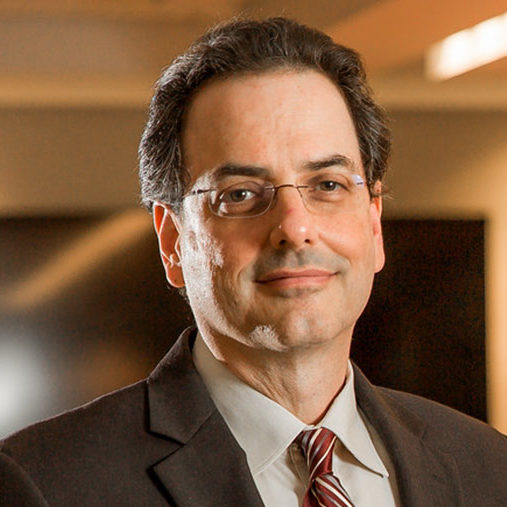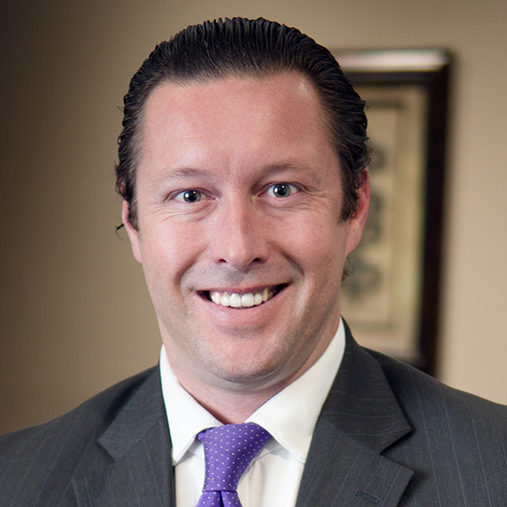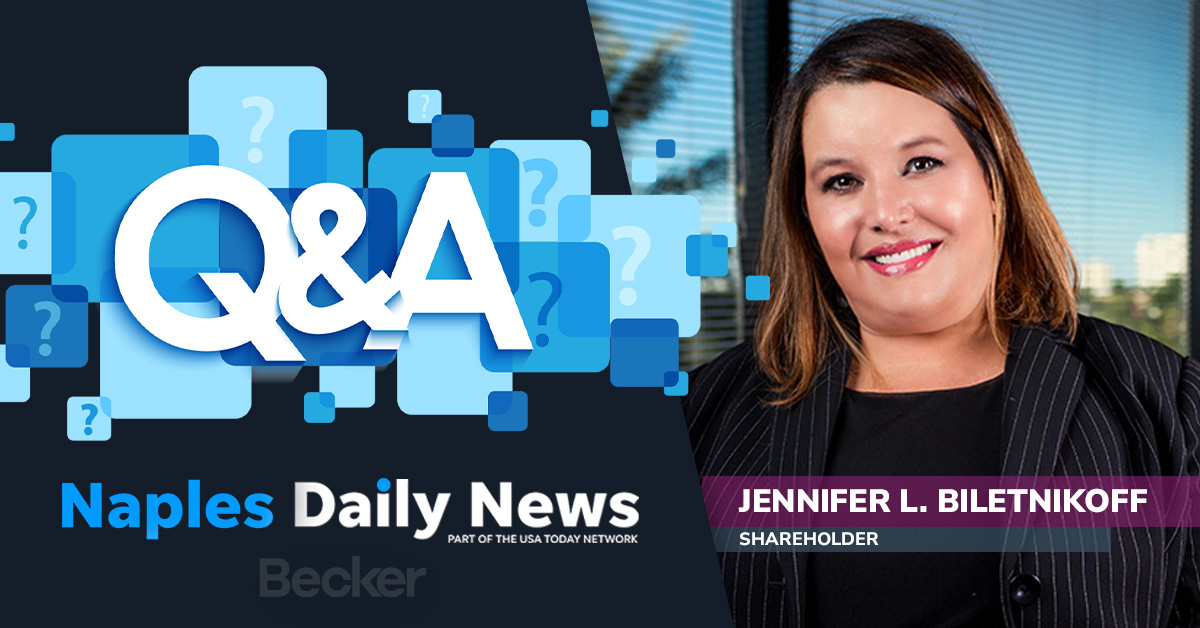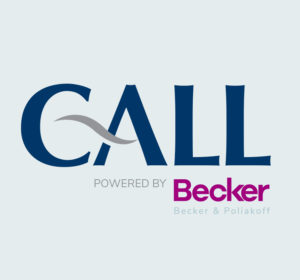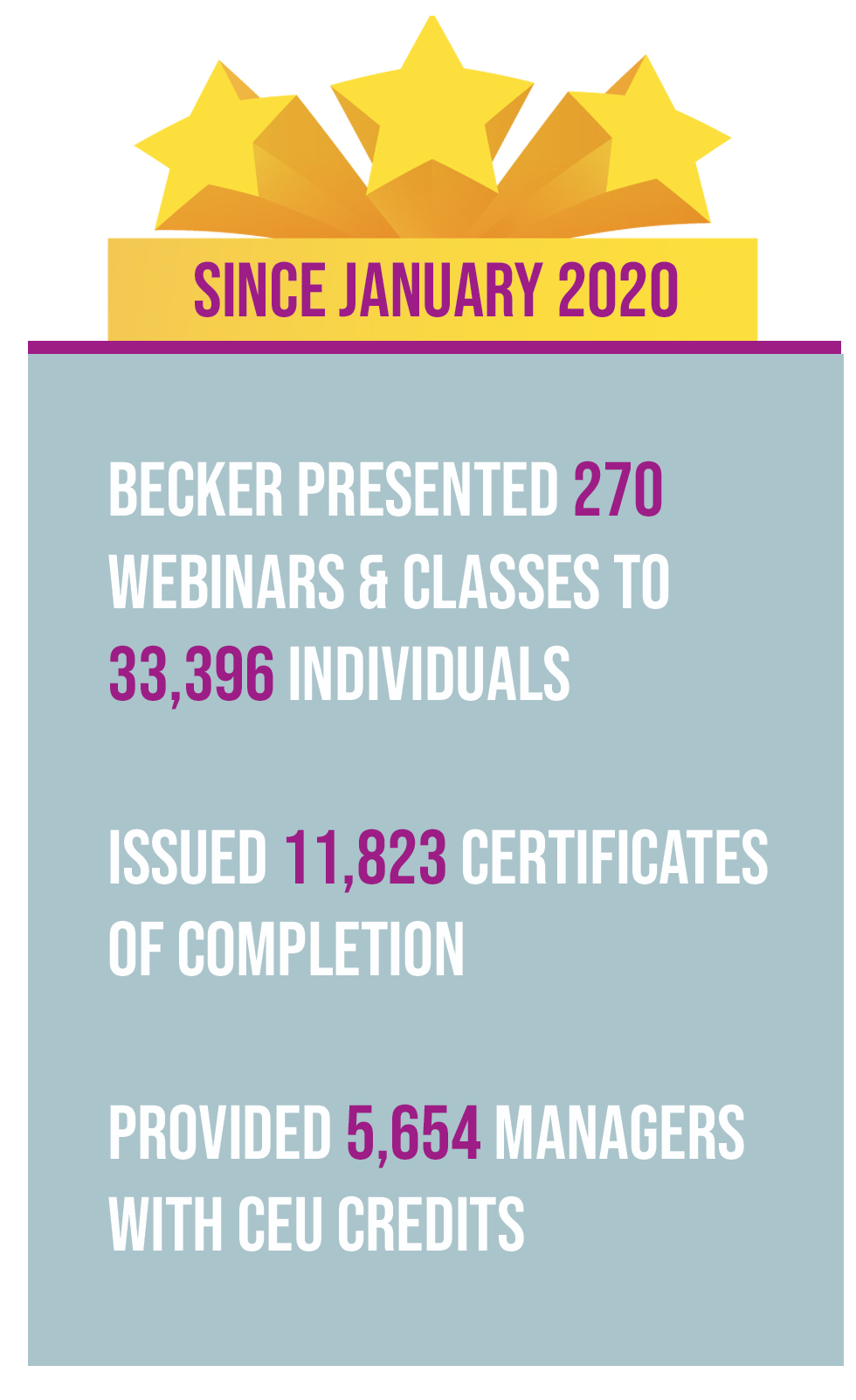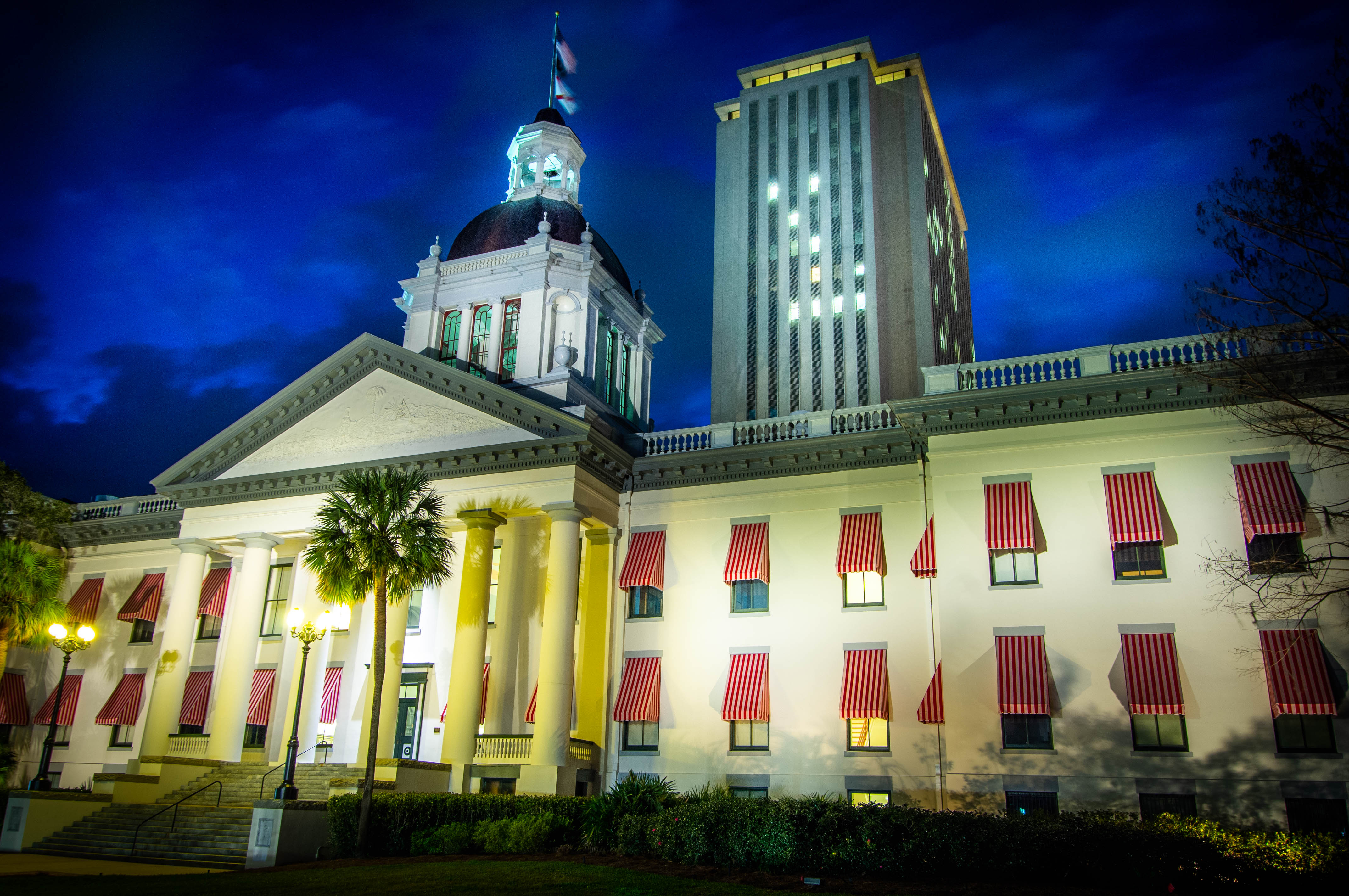In this edition of the Community Update, we address transparency in condominium and homeowners’ associations’, issues associated with alcohol consumption on association property, what associations can and cannot do about solar panels, and even how the Constitution applies to private community associations.
Many condominium and homeowners’ associations’ activities are required to have a certain amount of transparency. Joseph Arena discusses in this month’s featured article,“Statutory Meeting Requirements.”
There are several questions for an association to ask to understand its obligations, its restrictions, and potential liability related to alcohol consumption on association property. Find out more in, “The ABC’s – Alcohol Sales, BYOB, and Related Considerations.”
If you are living in an HOA, you probably have heard that the association cannot prohibit the installation of solar panels. Learn more about this topic in, “Can Anything Be Done About Solar Panels?”
Lastly, The extent to which the Constitution applies to private community associations is at the heart of “THIS CASE: Quail Creek Property Owners Association, Inc. v. Hunter.”
EDITORS
Statutory Meeting Requirements
By: Joseph Arena
Many condominium and homeowners’ associations’ activities are required to have a certain amount of transparency. One way that association activities are made transparent is through statutory provisions requiring most kinds of meetings to be open and noticed to the membership. In fact, applicable laws governing the operation of condominium and homeowners’ associations allow board members to communicate by email but prohibits them from voting on issues by email.
The ABC’s – Alcohol Sales, BYOB, and Related Considerations
Does your association include facilities that serve and sell alcohol? Is the association property zoned to permit alcohol-related uses? Does your association hold any alcoholic beverage licenses from the Florida Department of Business and Professional Regulation’s Division of Alcohol Beverages and Tobacco (“Division”) and corresponding local government approvals and, if so, what is the geographical area the license/approval covers? Does your association permit “BYOB” consumption by its members or residents? Does your association have a policy governing the handling and distribution of alcoholic beverages on association property? These are all important questions for an association to ask to understand its obligations, its restrictions, and potential liability related to alcohol consumption on association property.
Can Anything Be Done About Solar Panels?
If you are living in an HOA, you probably have heard that the association cannot prohibit the installation of solar panels (or “solar collectors”). A Florida law, F.S. 163.04, provides that any “deed restriction or declaration” or even any “similar binding agreement” may not prohibit – or have the effect of prohibiting – solar collectors, clotheslines or any other energy devices based on renewable resources, from being installed on buildings or lots within the association. such frequency that associations are wise to understand what each of these is and when it might apply.
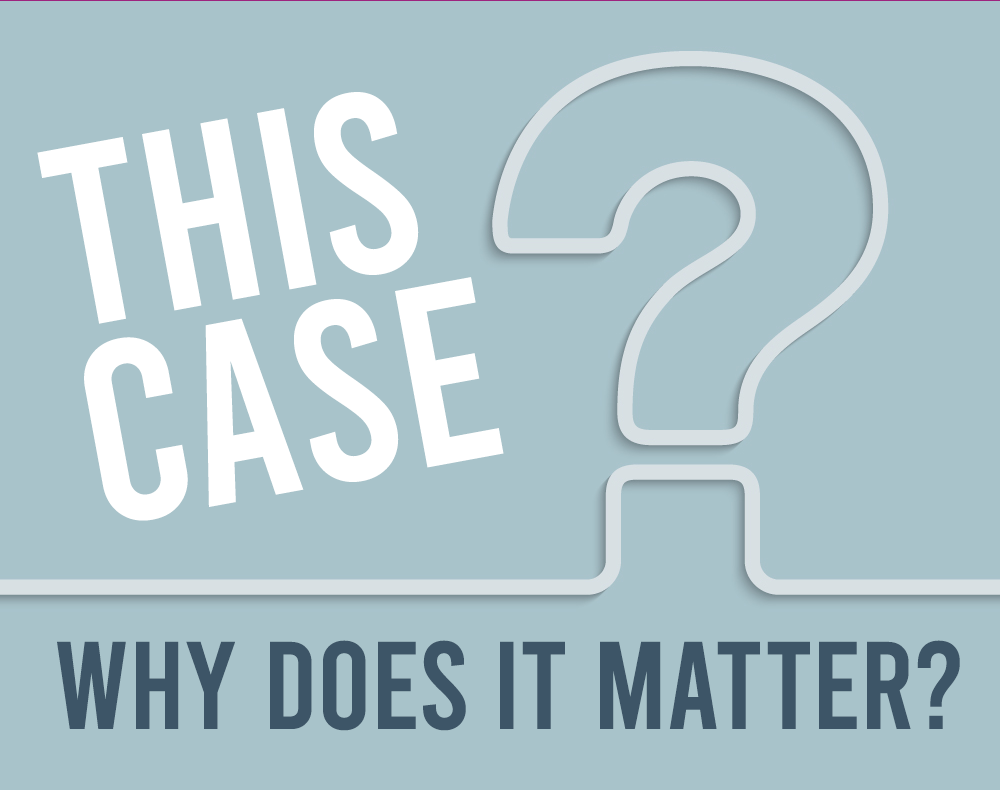
Quail Creek Property Owners Association, Inc. v. Hunter 538 So.2d 1288 (Fla. 2d DCA 1989)
The extent to which the Constitution applies to private community associations is at the heart of THIS CASE.
Mr. Hunter lived within Quail Creek which was encumbered by restrictive covenants (“Quail Creek Covenants”). One of the restrictions contained in the Quail Creek Covenants was a prohibition of “For Sale” signs. Mr. Hunter wanted to sell his home and filed a lawsuit against the association alleging that the prohibition of “For Sale” signs was violative of the First and Fourteenth Amendments of the United States Constitution and article I, section 4 of the Constitution of the State of Florida. In short, it was Mr. Hunter’s contention that the “For Sale” sign prohibition contained in the Quail Creek Covenants infringed on his right to free speech. The trial court agreed with Mr. Hunter, and the association appealed.
As a general proposition, the Constitution constrains the government (federal, state, and local) and not private citizens. In other words, the Constitution protects the citizens from the government, not from other citizens. However, there are exceptions where private citizens and organizations can be deemed a “state actor” under Constitutional law, and if so deemed, then the state actor is constrained by the Constitution. The issue presented to the appellate court in THIS CASE is whether the recorded Quail Creek Covenants which prohibited “For Sale” signs was sufficient “state action” to have the Constitution apply the association as a state actor. In overturning the trial court, the appellate court concluded that the mere recordation of covenants which could be construed as limiting free speech did not constitute sufficient state action.
Many legal practitioners and scholars have debated the extent to which community associations are constrained by the Constitution. If you are interested in a deeper look at this topic, my law partner Joe Adams and I authored an article for the Florida Bar Journal entitled Defending My Our Castle; A Look At Gun Regulation By Community Associations. 90-DEC FLBJ 51 (2016). The reality of the situation is that Constitutional analysis is not a simple task, and if your association is ever in a situation where issues relating to the Constitution are raised, the board should consult with the association’s counsel.
Question of the Month
Q: I am considering running for the board of my condominium association. However, there is a lot of work involved in being on the Board. It can be a thankless position, which discourages many owners from volunteering. Can we compensate the members of the board as a way to encourage people to serve?
CALLING ALL BOARD MEMBERS AND COMMUNITY MANAGERS
As leaders in Community Association Law, we not only helped write the law – we also teach it.
Did you know Becker provides over 200 educational classes per year throughout the State of Florida on a variety of topics ranging from board member certification to compliance, and everything in between? Our most popular classes are now available online!
To view our entire class roster, visit:
beckerlawyers.com/classes
As a service to the community and industry, we are pleased to offer some of our most popular classes online for you to participate in from the comfort of your own home.
- Turnover From Developer Control
- Insights Into Your Role as a Board Member: Fiduciary Duty & Business Judgement Rule
- 2022 Legal Update
- Anatomy of a Water Leak
- Budgeting & Reserves
- Collection and Foreclosure Strategies for Community Associations
- Condo Board Member Certification
- Construction Road Map for Community Associations
- Top 10 Manager Do’s and Don’ts
- Construction Contracts and the Lien Law
- Construction Projects Gone Wild
- Dealing with Difficult People
- Disaster Preparedness and Recovery
- HOA/Condo Board Member Certification
- How to Properly Run an Election
- Take a Bite out of Fraudulent Assistance Animal Requests
- Understanding Our Bylaws
Congratulations to Barbara Kohl on Winning Our Survey Giveaway!
We appreciate your feedback! Thank you to Barbara for responding to our survey and congratulations on winning a $50 American Express Gift Card!
Participate in our survey and submit the community association issues/topics that you would like to see Becker address in a future event, blog, or newsletter by clicking here. .
Can They Do That?
Becker’s “Can They Do That” video series tackles some of the unique problems that homeowners and renters face today. We answer your questions, no matter how far-fetched they may seem. From service animals to nudists in your community, we get to the bottom of it and let you know – “Can They Do That?”
Becker Steps Up to the Mic with Podcast,
‘Take It To The Board with Donna DiMaggio Berger’
Becker is thrilled to announce the launch of its community association-focused podcast, Take It To The Board with Donna DiMaggio Berger. For decades, our firm has served the legal needs of this industry through in-person conferences and roundtables, online educational webinars, in-depth blog posts, and easy-to-understand legislative updates; we are delighted to continue the conversation on yet another platform. Join us today!
CURRENT EPISODES:
- Royal Service with James Donnelly
- Fiscal Finesse with Nicole Johnson-Pendergrass
- Nuisance or Necessary: Solving the “Pet” Problem with JoAnn Burnett
- The Technology Tango with Brett Fielo
- Community Immunity with David Ramsey
- Considering the Cost of Counsel with Denise Lash
- Rules & Referencing with Howard Perl
- The Mental Health Challenge with Chris Ayub
- Reserve Funds & Studies with Robert Nordland
- Association Advocacy with Commissioner Mary Molina-Macfie
- The Job of the Journal with Michael Hamline
- HR Hacks with Jamie Dokovna – Part 1
- HR Hacks with Jamie Dokovna – Part 2
- The Art of Community Design with Patty Mowry
- Heart of Service with Stephanie Maher
- The Making of a Manager with Otto Freund
- Happy Holidays, Healthy Communities with Andrew Fortin
- Ensuring Community Association Safety with Platinum Group Security
- Building Basics with Construction Counsel Patrick Howell
- 2022 Legislative Session in Florida Wrap Up with Yeline Goin, Becker & Poliakoff
- The Current Crisis with Florida’s Real Property Insurance with Andrea Northrup, Vice President of Insurance Office of America (Part 1)
- The Current Crisis with Florida’s Real Property Insurance with Andrea Northrup, Vice President of Insurance Office of America (Part 2)
DID YOU KNOW?
Proposed Federal Legislation to Help Some Condo Owners Pay Special Assessments
Representatives Charlie Crist and Debbie Wasserman Schultz have introduced federal legislation which will help low income condominium owners in aging buildings pay special assessments imposed for major repair projects. H.R. 7532, the Securing Access to Finance Exterior Repairs (SAFER) in Condos Act of 2022, would expand the section 203(k) rehabilitation and title I property improvement loan programs of the Department of Housing and Urban Development to authorize such loans to be made to low-income families residing in FHA certified buildings. It would cover the costs of special assessments imposed for repair or replacement of common areas, systems, and features, and for other purposes.




